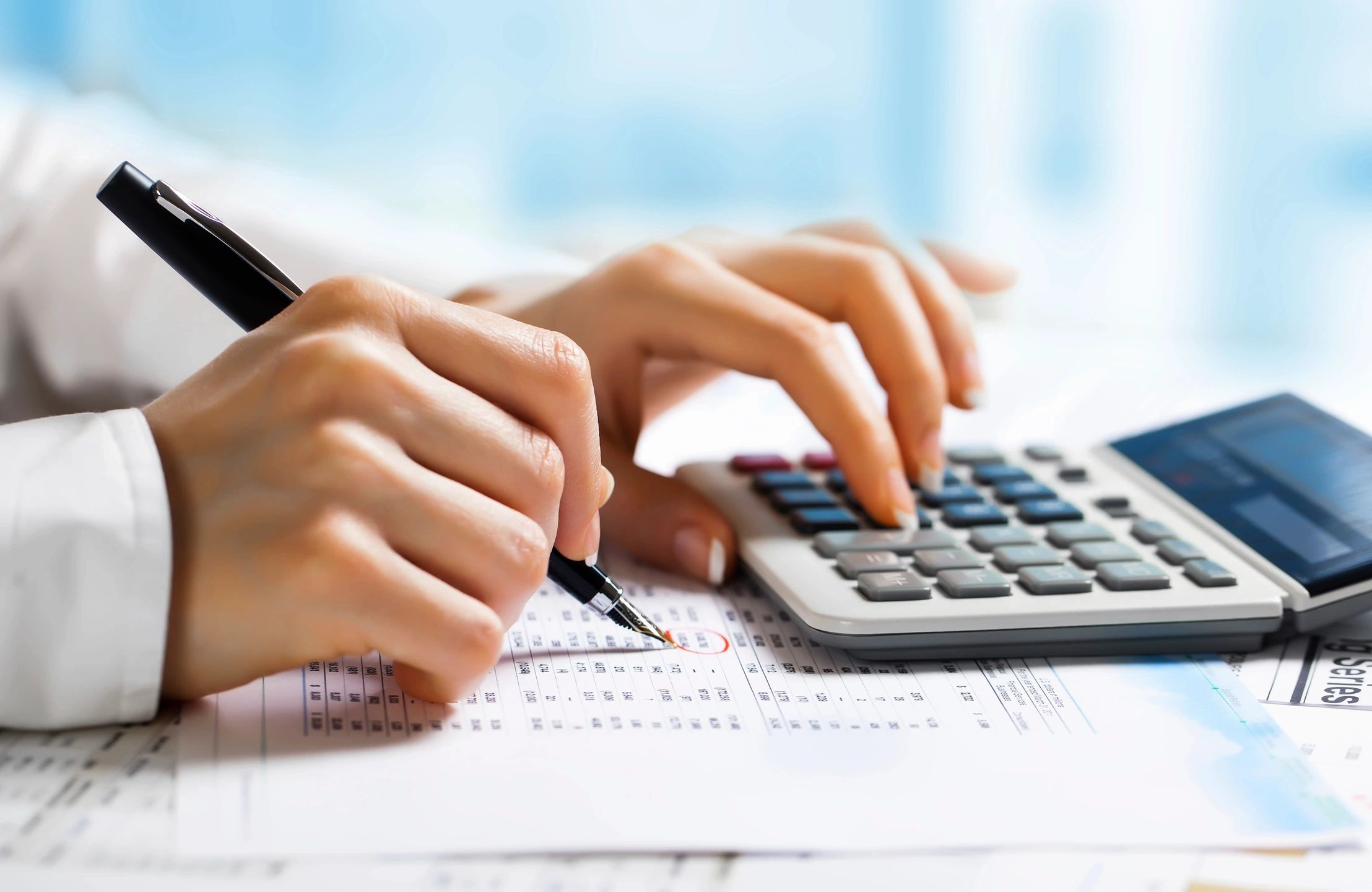A member of the select board expressed concerns Wednesday that proposed industrial tax rates could drive businesses out of Town.
“Are we encouraging businesses to move out of town because we’re going up so quickly?” select board member Chris Huntress said. “How do we compare from a tax rate on industrial and commercial increases to some of our neighboring communities, or even those in Southern New Hampshire that we might be competing against?”
The select board in recent years has looked to keep tax increases even across residential, commercial, and industrial properties. But under that scenario, industrial property taxes would increase between 9 and 10 percent while keeping residential property tax increases in the 5 percent range.
The board will take a final vote on the tax rate at its meeting Monday.
“What we’re seeing through planning is interest…remains pretty strong,” Town Manager Andrew Flanagan said. “That’s more anecdotal, but it appears…people are still very much interested in investing in Andover.”
While the actual tax rate set by the select board has decreased in five of the last six years, tax bills have risen about 5 percent annually because of assessment increases. The average assessed value of single family homes in Andover is rising 11.4 percent to $957,215 iin 2024, up from the current year’s $858,952.
Average assessments for single-family homes rose $98,000 this year, making it the second straight year average property values rose more than six percent. The average assessment for residential properties in Andover has risen $262,000 since the fiscal year that ended on June 30, 2022.
More from Wednesday’s Andover Select Board meeting:
- Read an AI-generated transcript of the entire meeting
- The board held a first reading of the capital improvement plan budget. The board will vote on adopting the budget at its Dec. 4 meeting.
The discussion came as part of the select board’s review of an assessors report (beginning on page 23 in the meeting packet) outlining shifts the select board can approve to split the burden carried by residential, commercial, and industrial properties. While Massachusetts law prohibits municipalities from raising taxes more than 2.5 percent annually, Andover voters have previously approved overrides of Proposition 2 1/2 to take on debt for new schools and to fully fund the Town’s pension.
If the board adopts the same shift as last year, residential property taxpayers would see an average increase of 5.2 percent in the annual tax bills, down from 5.9 percent this year. Commercial and industrial tax bills would rise to 4.7 and 9 percent, respectively.
If the board were to opt for a shift that would “keep the tax increases as uniform as possible,” average residential property tax bills would rise 5.2 percent. A third option offered in the report would put the increase at 4.9 percent by keeping the shift in line with the shift for the fiscal year ending June 30.
Last year, the select board approved a 5.9 percent residential property tax hike, putting the average tax bill at $11,773. The board has the latitude to consider other shifts than those included in the assesor’s report.

